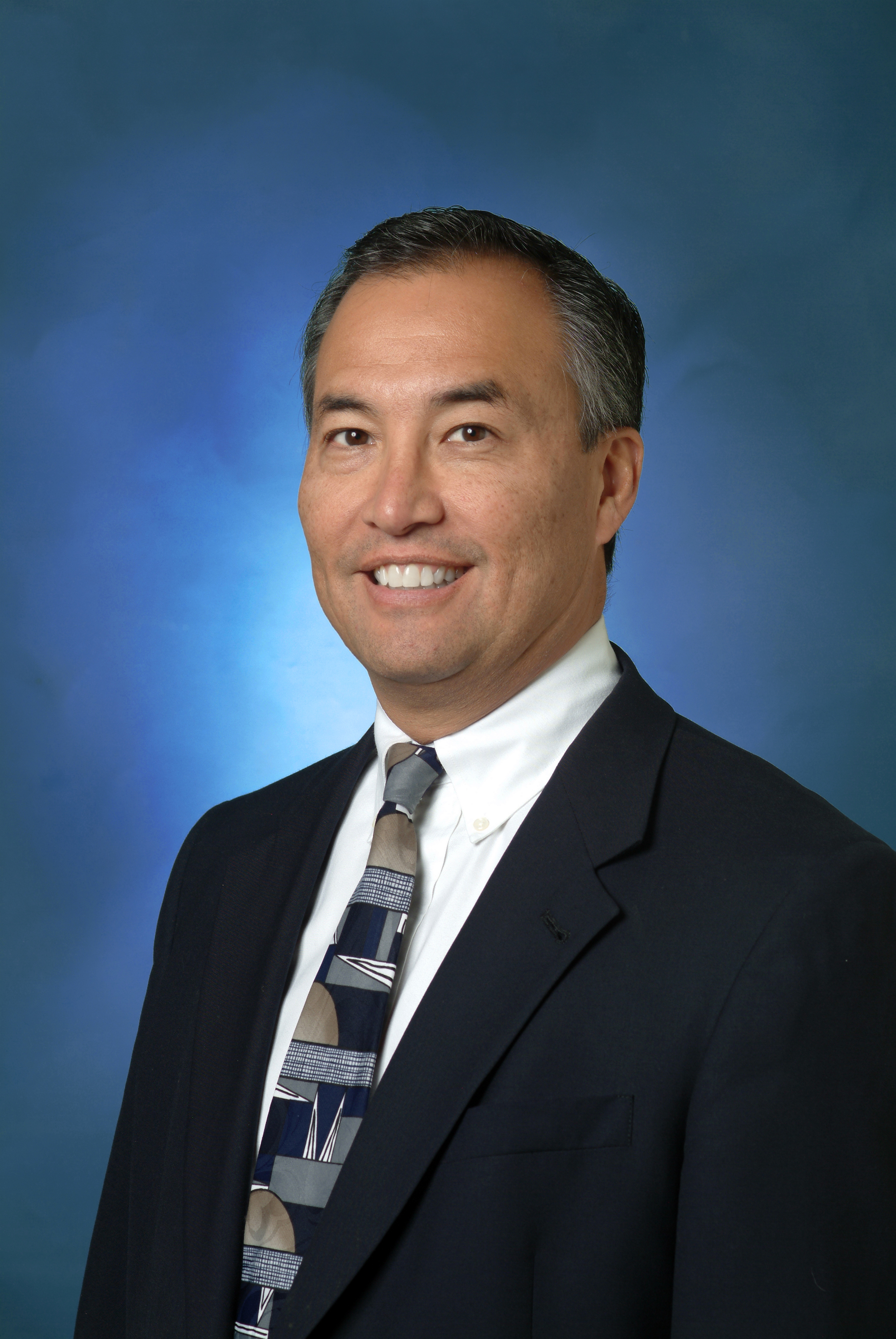In a recent blog post, writer Stephen Pressfield posed an interesting question from ancient martial law. Why did the Spartans punish a warrior who lost his helmet or breastplate in combat with a fine but punish the man who discarded his shield with death?
“Because helmet and breastplate are worn to protect the individual alone, but the shield is borne to protect the whole line,” Pressfield writes.
Known for their discipline and teamwork, a formation of Spartan warriors engaged the enemy first with a wall of shields, each protecting not only an individual, but overlapped with the shield on each side. Whether in a defensive or offensive position, as long as there was no breach in the line, they maintained the advantage behind this incredibly flexible but strong barrier. But if just one warrior lost focus, the wall quickly collapsed.
While Pressfield’s article was speaking to issues of public health in the midst of a pandemic, it made me think about what a parallel mindset for leaders in our industry might look like.
Whether you are talking about your company’s engagement on a prestigious megaproject or a lone service tech making a routine call, all of us have to manage the tension between individual recognition and collective success. Pride in personal achievement is applaudable — so long as it doesn’t come at the expense of other people and the organization as a whole. A few examples might help.
-
Think about the way many of us talk. My company. My division. My project. My truck.
-
What do we typically hear when people talk about a successful project? In most cases, a handful of people get the public accolades (and financial reward), and everyone else who had a hand in the success are left unmentioned.
-
We see it in safety protocol, when an individual takes a shortcut because he is young and feeling bullet-proof, with no regard for the ripple effects on family, co-workers and the organization should a job site injury or death occur.
All that is to say, many of us lean toward the individualistic end of the spectrum. What I’m advocating is not an either/or scenario, but the wisdom to notice when “Me” starts to overpower the “We” mindset and a correction is needed. We start with our own mindset, then the other leaders in our organization, and then by looking at all the individuals who are part of our organization.

For example, an owner might ask, “In what ways am I holding a shield that protects and equips the people around me?” Or “How do I reward team-first behaviors?”
An organizational leader might ask, “What are some practical ways I can better communicate the reality that it takes all of us to complete a great project?” Or “How do I guide our high achievers to adopt a more team-first mindset without losing their focus on excellence?”
An individual contributor could ask, “How does my day-to-day work impact other people around me in both positive and negative ways?”
The language of war is often deployed in times of great cultural upheaval. In this battle to survive in the time of COVID-19, we need to craft and communicate powerful collective messages that achieve our objectives and call out the very best in every single person. Now more than ever, the power of “We” will prevail over the power of “Me.” But it won’t happen without leadership taking us there.
Let’s prevail together.
